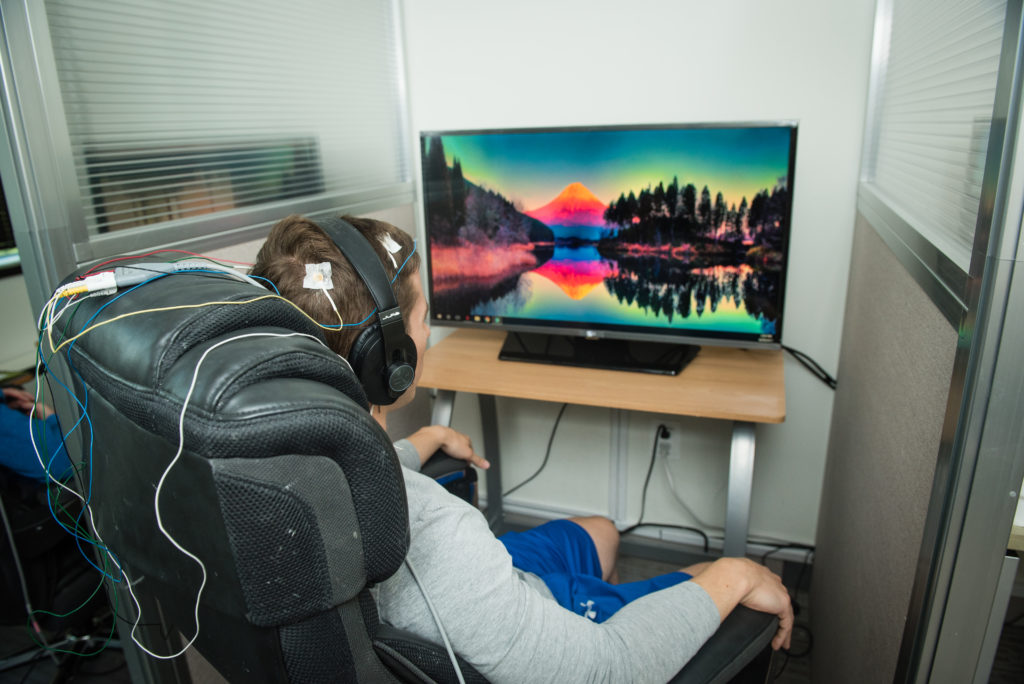Revealing the Secrets of the Mind Through qEEG Cerebral Mapping Techniques in Psychological Wellness Evaluation
Comprehending the human mind is a complex endeavor, particularly when it pertains to mental health. Traditional methods of evaluation often rely on interviews and questionnaires, which can occasionally miss important details about how the mind operates. This is where qEEG brainwave analysis, or qEEG, enters into the picture. qEEG is a specialized method that measures electrical activity in the brain. By examining these neural patterns, mental health experts can gain valuable insights into a individual's psychological state, aiding to enhance assessment and intervention.qEEG functions by applying small sensors on the head to capture neural activity. These sensors measure electrical signals produced by nerve cells, the cells in the brain that communicate with one another. The information collected is then processed and displayed as a series of waveforms. Each kind of neural wave—such as alpha, beta, δ, and theta—relates to various psychological conditions and functions. For example, α waves are often associated with relaxation, while β oscillations are linked to active thinking and issue resolution. By examining these trends, healthcare providers can identify abnormalities that may indicate psychological health concerns.

One of the major advantages of qEEG is its ability to offer objective data. Unlike conventional evaluations that rely on personal accounts from clients, qEEG offers a clear picture of neural activity. This clarity can assist reduce prejudices in assessment and result to more accurate treatment plans. For instance, if a client is facing stress, qEEG can reveal specific patterns of brain function that are linked with anxiety conditions. This information allows psychological health experts to customize interventions more effectively, whether through therapy, pharmaceuticals, or alternative approaches.
Additionally, qEEG can be particularly useful in tracking treatment advancement. By performing qEEG assessments at different points during therapy, clinicians can track changes in brain function over period. This continuous evaluation helps determine if a intervention is effective or if modifications are required. For instance, if a client is not reacting to a specific treatment, qEEG may show that their brain activity has not changed in a manner that suggests improvement. This response cycle can lead to more personalized and effective mental health treatment.
In summary, qEEG cerebral mapping is a potent instrument in the domain of psychological health evaluation. By offering objective information about brain activity, it enhances the understanding of various mental health conditions. This technique not only assists in accurate assessment but address also helps in monitoring intervention success. As psychological health experts persist to investigate the capabilities of qEEG, it possesses potential for enhancing the lives of individuals facing mental health challenges. With ongoing research and advancements in technology, the mysteries of the mind may become clearer, leading to better outcomes for those in need of assistance.